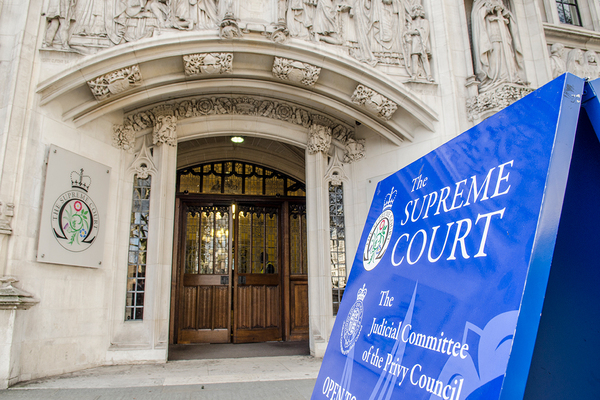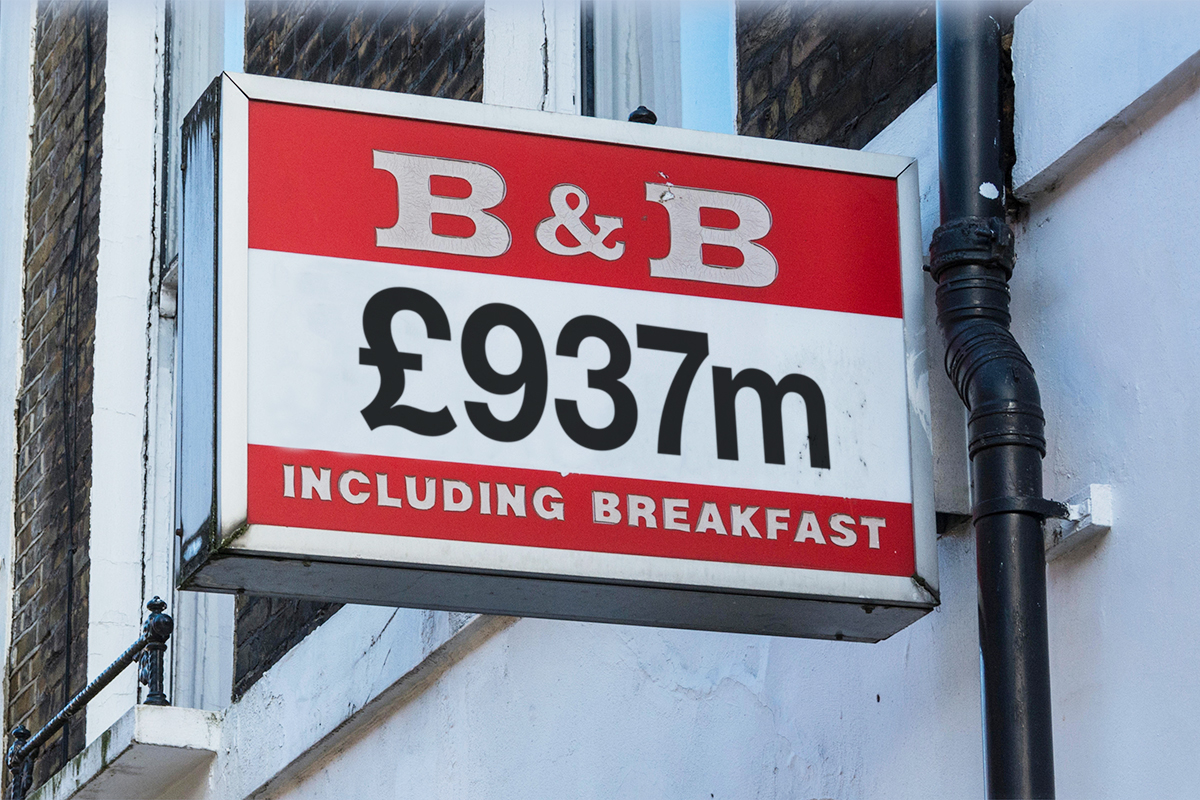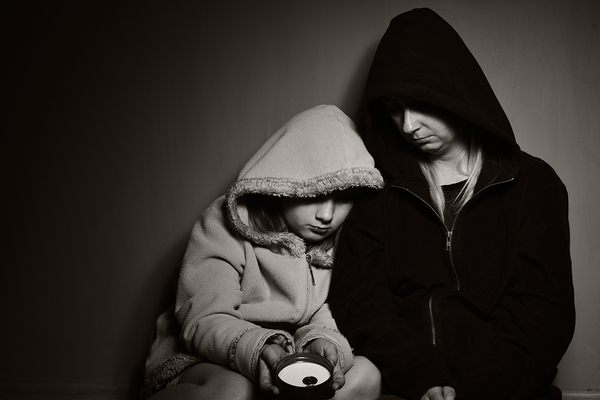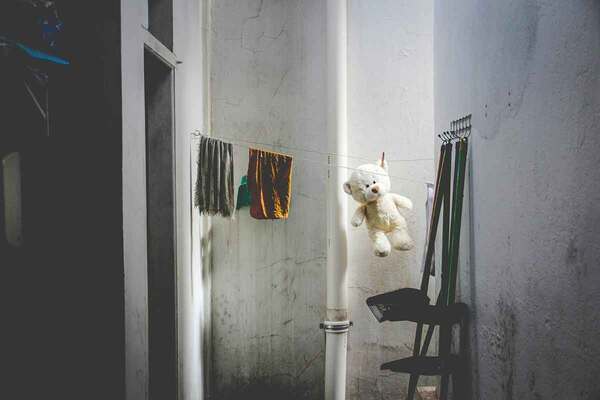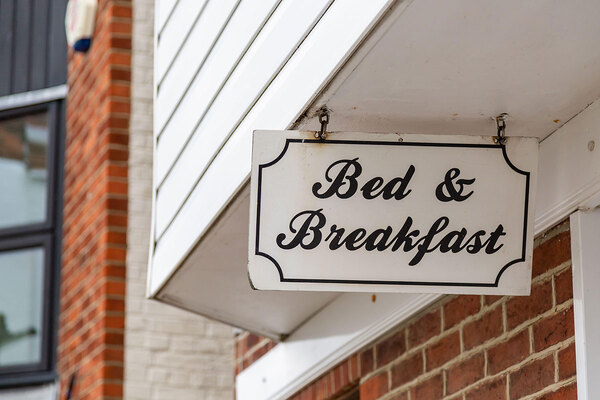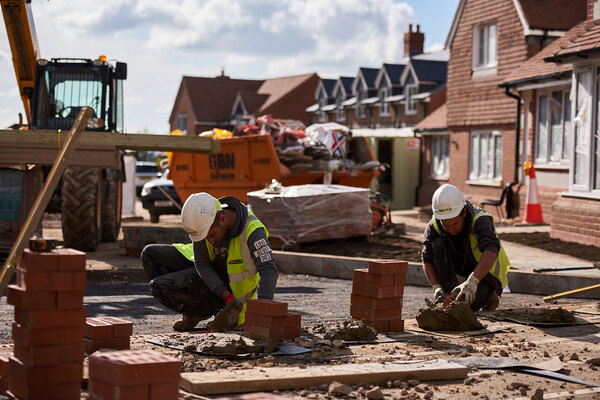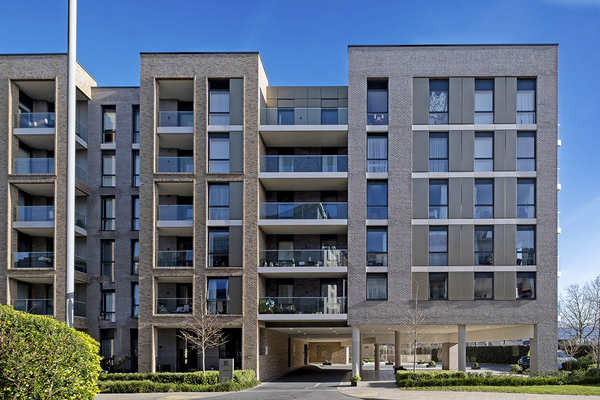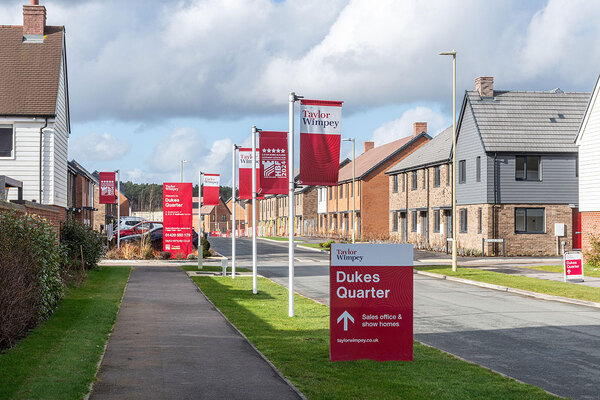Supreme Court rules against Birmingham Council in homelessness case
The Supreme Court has ruled against Birmingham City Council over its decision to declare a mother “intentionally homeless” because she could not afford to bridge the gap between her housing benefit and rent.
Five judges unanimously agreed that the local authority had been wrong in its assessment of whether the mother, Terryann Samuels, lost home had been “affordable” under the Housing Act 1996.
The council will be forced to reconsider its refusal to provide Ms Samuels with housing support.
A government minister said today he will consider the implications of the case “fully”, as Shelter said it was an “important judgment for the future of the welfare system”.
Ms Samuels, who has four children all under 16, presented herself to the council as homeless after being evicted from her private rented home in 2011 for rent arrears.
Her housing benefit, based on Local Housing Allowance (LHA) rates set by the government, fell £151.49 a month short of her rent.
However, the council deemed Ms Samuels “intentionally homeless” because she could have made up the shortfall in rent by budgeting with more “flexibility”, meaning it was not required to provide her and her children with temporary accommodation.
It argued that her private rented home had been affordable based on her income and reasonable living expenses, so being evicted was down to her “deliberate act in failing to pay the rent”.
But delivering the judgement, Lord Carnwath said “it is difficult to see” how Ms Samuel’s outgoings “could be regarded as other than reasonable”.
Labour MP Marsha de Cordova submitted an urgent question in the House of Commons today asking what impact the ruling will have on LHA rates, which have been frozen since April 2016 and were capped from 2013.
She said: “The government cannot continue to expect the poorest people in our society to find a way of paying for what the government refuse to.”
Family support, housing and child maintenance minister Will Quince made no commitments but said: “I will undertake with my department to consider the implications of this fully.”
Polly Neate, chief executive at Shelter, said: “We’re very pleased to see the court recognise that it’s not lawful to expect families to rely on money they need for their basic living expenses to pay their rent when their housing benefit can’t cover it. This is an important judgment for the future of the welfare system.”
LHA rates are supposed to reflect the lowest 30th percentile of local private rents to give welfare claimants access to a portion of the private rented market, but in practice levels fall well below the market in some more expensive areas.
Research by Shelter has found that LHA rates do not meet this threshold for two-bedroom homes in 97% of areas.
The freeze on LHA rates is set to stay in place until March 2020.
Sharon Thompson, cabinet member for homes and neighbourhoods at Birmingham City Council said: “We are extremely disappointed with the ruling. In Birmingham, we see an average of 600 new homeless applications every month and we accept more of these duties than any other local authority in the UK.
“The scale of the growing homeless crisis that we’ve seen in Birmingham over the last decade is unprecedented and so, the financial implications as a result of this decision will be extremely dramatic and wide ranging to local authorities across the country.”
Update: at 17.45 13/06/19 a comment from Birmingham City Council was added to the story.
